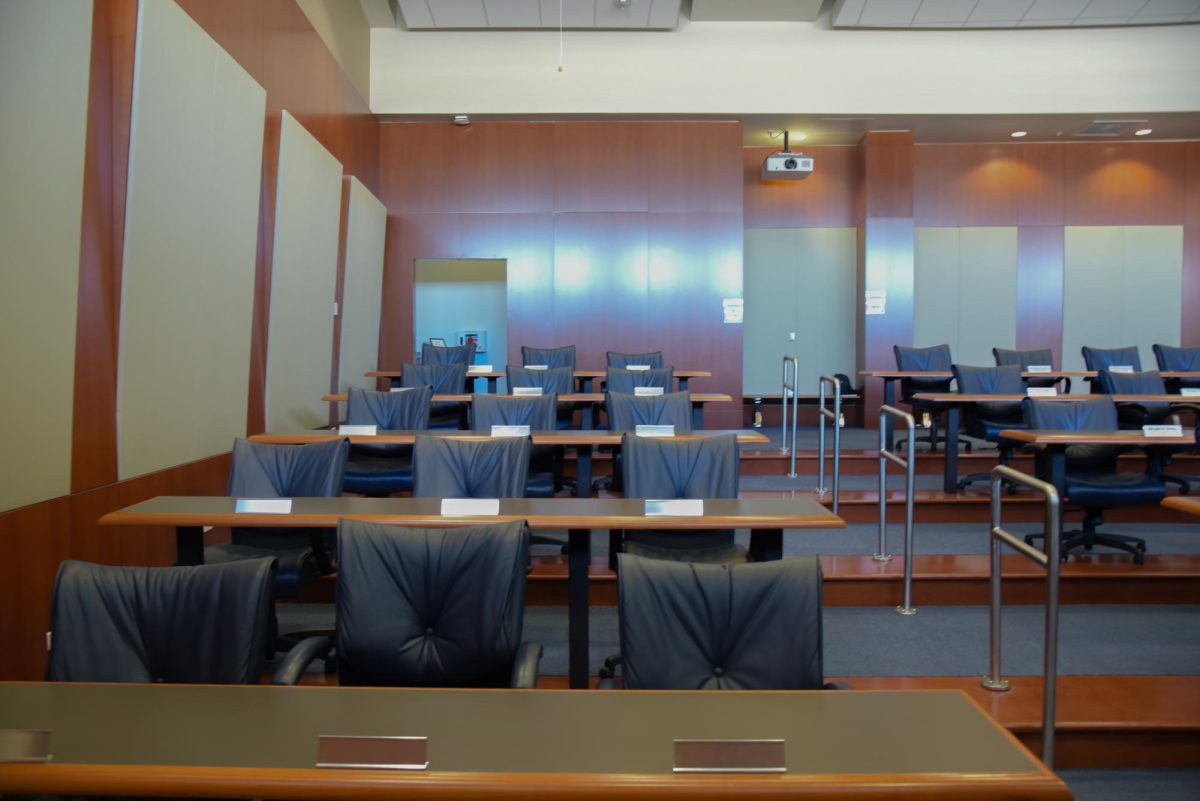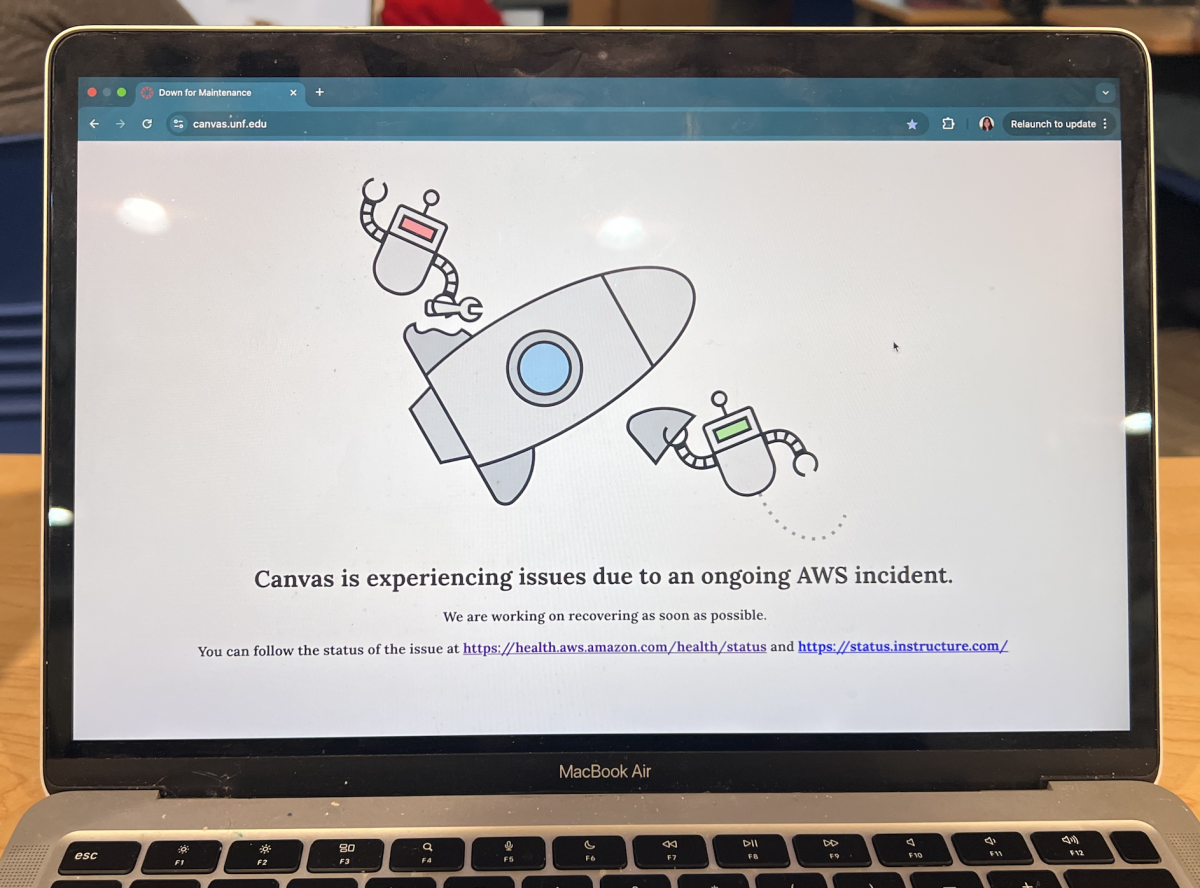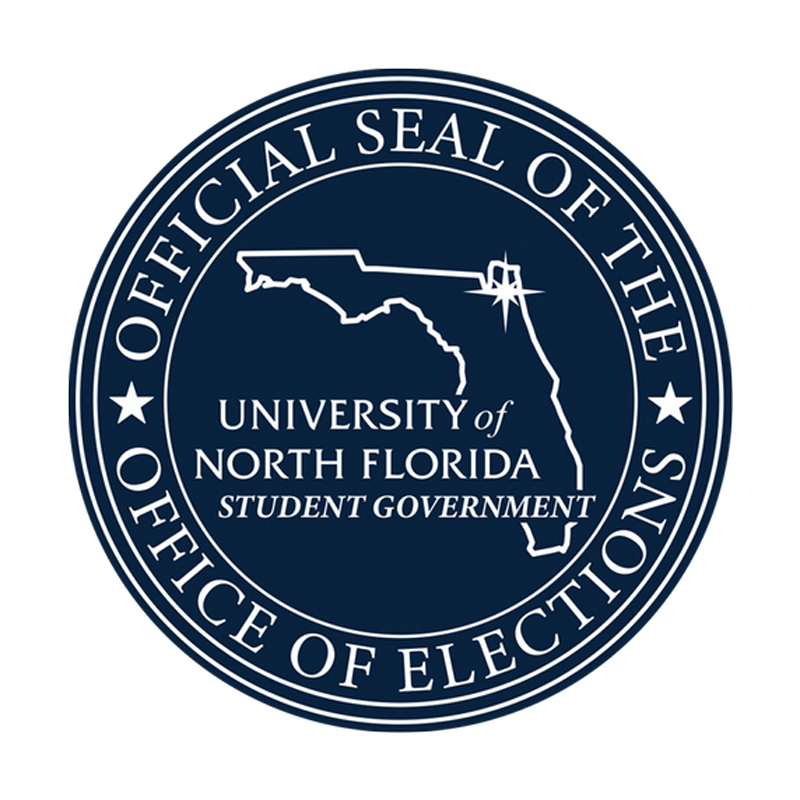
The Spinnaker would like to thank UNF President John Delaney for his generous contribution of his annual bonus — in its entirety — to various foundations throughout the university. We would also like to concur with the university’s Board of Trustees’ favorable rating of Delaney’s job performance, and their decision to award Delaney a $60,000 bonus, in accordance with his contract. Delaney said he didn’t believe it was fair to receive a bonus in the current economic climate, especially considering the faculty and staff have not received a pay increase in several years, but his contract said the board had to consider it.
However, the most effective manner in which to donate this money to the university was not taken, and because of such actions, the benefit to the university and its students will be less than what was possible — about $20,000 less. Before the official kick-off of the “Power of Transformation” — a fundraising campaign that hopes to raise $110 million for the university and its students — Oct. 2, Delaney told the Spinnaker that “the perfect donation is non-restricted.”
When someone chooses to donate to the university, the donor can decide to allocate and restrict the funds to specific programs, or to offer a non-restricted gift, which then allows the university to best choose where the funds should be applied. Delaney said before the event that 99 percent of donations are restricted and must be applied in accordance with the donors’ wishes, which is why he prefers non-restricted gifts to be given. But contrary to Delaney’s advice to potential donors, he decided to forgo his own counsel.
“I wanted to direct [my gift] to a couple of particular places. I thought it would be better for it to come from me and for me to write the check,” Delaney said to the Spinnaker before the Oct. 8 board meeting. “One of them for example is an endowment in the athletic program that is named after my dad. I didn’t like the idea of just moving money internally to something named after my dad … I thought that may look a little funny.”
Delaney admitted that he could have instructed the board to transfer his $60,000 bonus — in his name — to the endowment, at which time it would have been seen as a non-restricted gift that would not be subject to state or federal taxes. The government subjects most bonuses to a 25 percent federal tax. After that, it is still subject to further taxes on the state level and possibly even higher taxes on the federal level, depending on the income level of the recipient. So, because Delaney chose to restrict his donation rather than have it transferred in his name, the university lost about 25-35 percent of the funds in taxes — roughly around $20,000.
Before the board’s decision, Delaney made it known to Bruce Taylor, chairman for the board, that he would be giving all the money back to the university. The Spinnaker finds it hard to believe that board members who preside over investment and economic matters are not soundly aware of tax law. After the board voted in favor of Delaney’s performance and awarded his bonus, someone with financial savvy should have instructed Delaney of a better course of action. But Delaney also said to the Spinnaker that it wasn’t “our call” to dictate where his money should be spent. And rightly so.
As respecters of private property and other civil liberties, we agree that Delaney’s money is his to spend as he wishes, but since his primary goal in donating was to help the university, it should have been in his best interest to donate the largest amount possible. As a public figure he must consider the reaction to all of his decisions, whether it be personal or even in good faith, like a charitable donation.
We applaud Delaney’s commitment to the university and his patronage to the institution and its students, but during uncertain economic times, all care must be taken to maximize the benefit of all donations and university funds.











